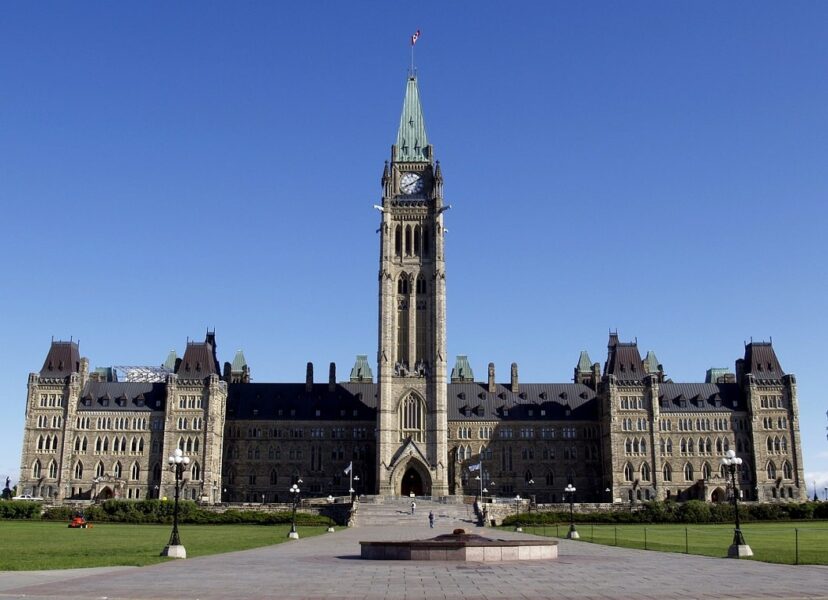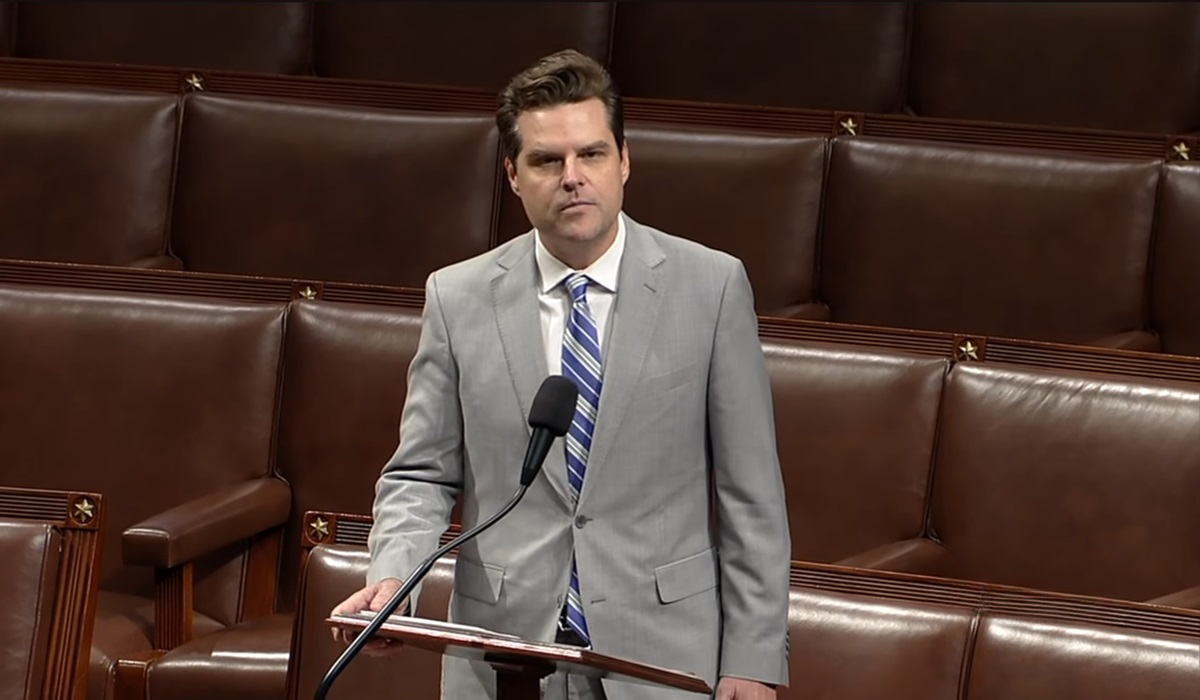Ottawa Steps Up It’s Daily Dose Of Divisive Political Rhetoric
- TDS News
- Breaking News
- Canada
- February 1, 2023

Politicians have a significant role in shaping society and influencing people’s opinions. Unfortunately, many politicians resort to divisive tactics and multiply their rhetoric, causing harm to society.
Divisive rhetoric refers to language that creates a clear division between different groups of people. Politicians often use this type of language to gain support and attention from their base. For instance, they may use language that demonizes a particular group, such as immigrants or political opposition. This type of language creates an “us vs. them” mentality, which harms society as it fosters hatred and intolerance towards those who are different.
One of the most dangerous consequences of divisive rhetoric is that it can lead to violence. When politicians create an atmosphere of hatred and intolerance, it can inspire individuals to act violently. For example, the rise in hate crimes against certain communities, such as Muslims and Jews, can be traced back to the divisive rhetoric of politicians.
A clear example of a politician’s divisive rhetoric escalation to violence was that of former U.S. President Donald Trump’s consistent stoking of racial, judicial and electoral rhetoric that ultimately led to the deadly insurrection on January 6, 2021, at the U.S Capitol Building.
Another consequence of divisive rhetoric is that it can undermine the foundation of democracy. A healthy democracy relies on the ability of citizens to engage in meaningful and respectful dialogue, regardless of their political beliefs. Divisive rhetoric, however, makes it difficult for people to have productive discussions, as it creates an environment where people are unwilling to listen to others who have different views. This type of environment makes it difficult for people to work together to find solutions to problems and undermines the ability of a democracy to function effectively.
Then there are those proverbial go tropes that are a permanent fixture in a politician’s lexicon, such as making statements like:
They have never done anything for the Canadian people
For example, the Leader of the third opposition NDPs Jagmeet Singh is notorious for telling the Canadian people Prime Minister Trudeau has done nothing for the Indigenous when it comes to lifting boiled water advisories on Indigenous Reserves.
This all-or-nothing type of rhetoric is categorically false and further erodes trust in politicians. What Mr. Singh should have said is the current Administration has promised to lift all boiled water advisories by the end of their first and now second term, and they have not. Discounting advancements and successes of governments and those involved in making meaningful changes to suit their own narrative is not leadership; it’s rhetoric, it’s divisive, and it’s dangerous.
Ethics Commissioner
The kettle calling the pot black is the perfect analogy for this type of political trope. For any party or elected officials to anoint themselves as halo-wearing saints are the reason why Canadians mistrust the political system.
Yes or No Questions
These closed-ended questions are known as traps or baits. Regardless of the answer given, it will always be the wrong one. Politicians are notorious for using these questions to badger, berate and humiliate each other.
Emergency Session
What better way to instil fear in Canadians is by having the media do their bidding? “The sky is falling, the sky is falling,” said Chicken Little. That is precisely the message. Politicians know calling for an emergency session is the ultimate media clickbait cause it works.
So what exactly is an emergency session? It’s a Caucasus meeting. More precisely, it’s a caucus meeting used by politicians to fan the flames of fear and division further. Whether these meetings are held in camera or under the watchful eye of the media, they make for excellent optics, as a portion of Canadians has a negative view of elected officials.
Call for an Inquiry
Inquiries are often long, drawn-out proceedings that leave Canadian taxpayers on the hook for the costs. They are one of the tactics politicians love to use because they garner unprecedented media coverage. Conservative politicians are skilful at using the National media to do their bidding.
Calling for an R.C.M.P Investigation
Can anyone think of a more reckless and dangerous way for the Mounties to spend their time and taxpayer dollars? Calling for the R.C.M.P. to conduct any form of investigation should be based on actual merit and principles. Instead, politicians often insist on using them as a political tools for personal gains.
Call for the Prime Minister’s Resignation
The ultimate political trope is calling for the resignation of the Prime Minister. When all else fails, go nuclear. Calling for the resignation of an elected M.P. is one thing; calling for the resignation of the Prime Minister without cause is hubris. And if the tactic works, it’s only a matter of time before members of the opposition try to repeat the process.
In addition to the consequences of divisive rhetoric, the multiplication of this rhetoric by politicians can have a significant impact on society. When politicians repeat the same message over and over, it can creates an echo chamber where people only hear what they want to hear. This can lead to a situation where people are not exposed to different ideas and perspectives, which can be harmful to their personal growth and development. It also makes it difficult for people to engage in meaningful discussions, as they are not exposed to different points of view.
Furthermore, the multiplication of divisive rhetoric can also lead to the spread of misinformation. When politicians repeat false information, it can become difficult to distinguish the truth from the lies. This can result in people making decisions based on false information, which can have serious consequences. For instance, people may vote for candidates based on false information, leading to outcomes that are not in the best interest of society.
Finally, the multiplication of divisive rhetoric by politicians can also contribute to the erosion of trust in institutions and leaders. When people see that their elected officials are not acting in their best interest, it can lead to a situation where people lose faith in the government and other institutions. This can lead to further division, as people become less likely to trust each other and work together to solve problems.
It is important for politicians to understand the impact of their words and to use language that promotes unity and respect. When politicians do this, they can help to build a stronger and more inclusive society.








